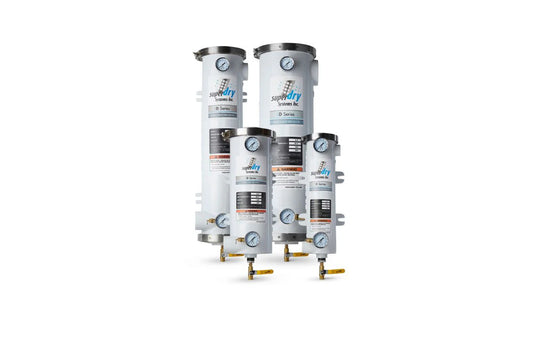News

Benefits of a compressed air dryer
An air dryer is a device used to remove moisture from compressed air. The process of compressing air often results in the condensation of water vapor, and this moisture can...
Benefits of a compressed air dryer
An air dryer is a device used to remove moisture from compressed air. The process of compressing air often results in the condensation of water vapor, and this moisture can...
